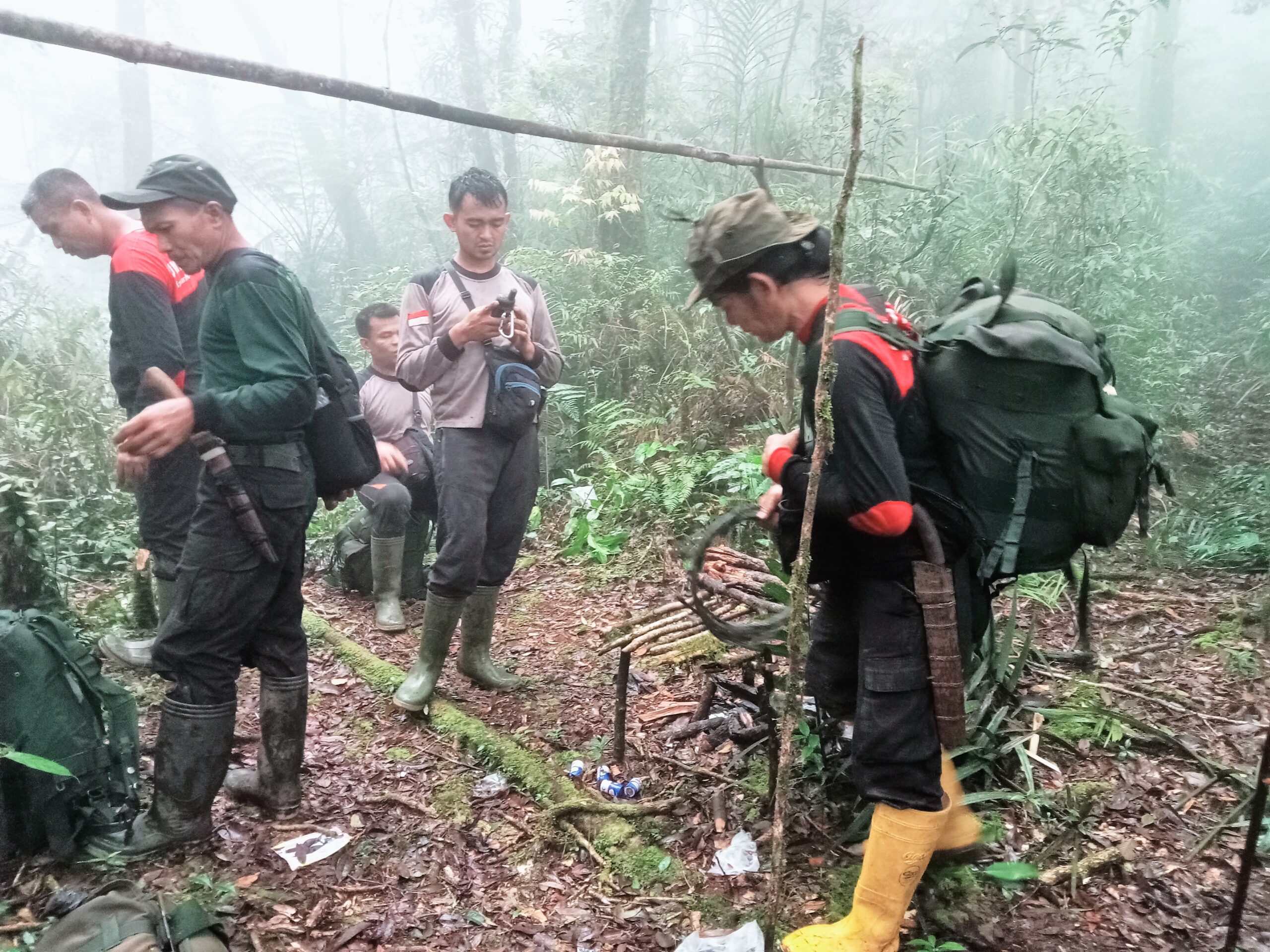In early August 2024, Indonesia introduced transformative changes to its conservation laws, signalling a bold step forward in the battle against illegal wildlife trade (IWT). The new Law No. 32/2024 imposes harsher penalties on poaching and trafficking, bans wildlife trade on social media platforms, and expands protections to non-native species. For the critically endangered Sumatran tiger, this is a lifeline—one that supports and amplifies the vital work of the Kerinci Seblat Tiger Protection and Conservation Project, funded by WildCats Conservation Alliance and implemented by Fauna & Flora.
Changes in Indonesian Conservation Law.
Wildlife and Forest protection and conservation, in Indonesia, has been managed, for more than 30 years, under Law No 5/1990. However, in early August 2024, following many months of discussion by the Indonesian parliament’s forestry commission, Law No 32, 2024 regarding Nature Conservation was signed into law by the President. The new Act contains a number of important revisions to wildlife and forest conservation law including –
- Introduction of Minimum sentences for poaching and illegal wildlife trade in protected species and wider forestry offences. The new Act imposes a minimum three-year and maximum 15-year custodial sentence for poaching or trading a protected species compared with the previous law under which the maximum sentence was five years. The new law also sees a steep increase in fines for wildlife crime, ranging from a minimum of £4,926 (the maximum under Law No.5) to more than £98,500 for the most serious offences. Higher fines and sentences may be imposed by courts on companies found guilty of breaking wildlife and forest conservation law with one clause stating that companies found guilty of (live) wildlife trafficking may also have to pay the costs of rehabilitating and releasing confiscated animals.
- Outlawing Wildlife trade using social media – the new Act makes the trafficking of wildlife or body parts, without a government permit in place, illegal on social media (Facebook, Telegram, TikTok etc) and electronic platforms more widely with stiff fines and minimum of two years prison term for on-line wildlife trade. Courts may draw on advertisements, photographs and correspondence posted as evidence in reaching a judgment and not only on the seizure of the animal(s) being offered for sale.
- Legal protection extended to non-native CITES-Listed species – Law No 32 declares that wildlife or wildlife body parts imported, illegally into Indonesia or traded in Indonesia (without a permit) which are protected in their country of origin, are now also protected under Indonesian national law. Although this is particularly important for tackling the international illegal ivory trade, there have been tiger cases in Indonesia which could not proceed to a court hearing because Evidence was found
to be from a Bengal or other non-native tiger sub-species. - Financial investigations (wildlife and forest crime) – the new Law states that MoEF ‘state civil investigators’ duties will include detailed investigations into suspects’ financial affairs, allowing tracking of suspicious or illegal transactions and payments with powers including the blocking of suspect bank accounts. This has huge positive implications for actions against the higher levels of illegal wildlife trade. The new law also returns criminal investigation and law enforcement case development capacity
to the Directorate of Nature and Ecosystem Conservation and states that ‘state civil investigators should be assigned to major national parks to strengthen law enforcement capacity. - New category of Conservation Area – Law No 32 also introduces ‘Preservation Areas’ – locations outside existing protected areas which currently have no formal protection but are identified as having high levels of biodiversity or important strategic values. Preservation Areas will include forest ‘corridors’ between protected areas and this may be one of the most important clauses in the new Act, for tiger
and other large mammal conservation.
How the New Laws Support Tiger Protection
The Kerinci Seblat Tiger Protection and Conservation Project has long fought to safeguard tigers from the dangers of poaching and IWT. The new laws directly reinforce these efforts and the the team is now looking at the new legislation and how, and where these revisions to conservation law may be used to support and strengthen wild tiger conservation and any training or other activities required.

Kerinci tigers TPCU search a poachers camp F&F





